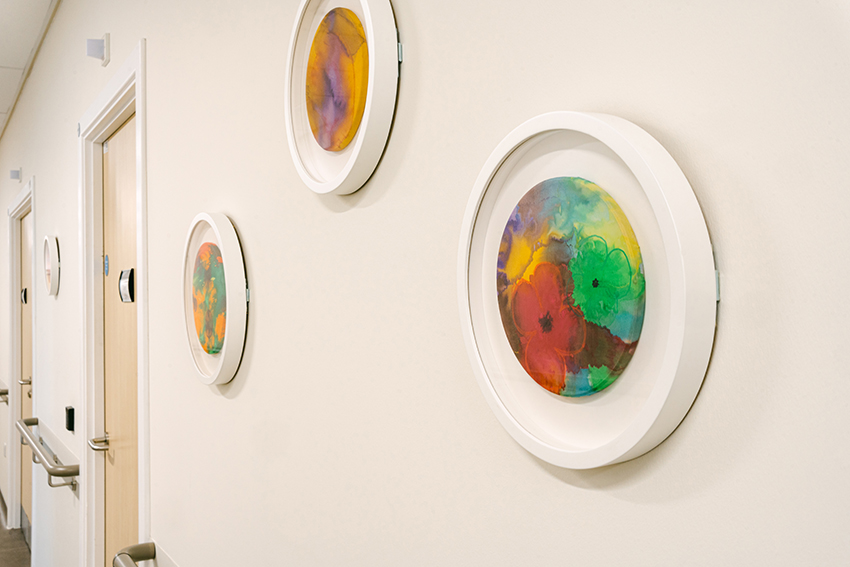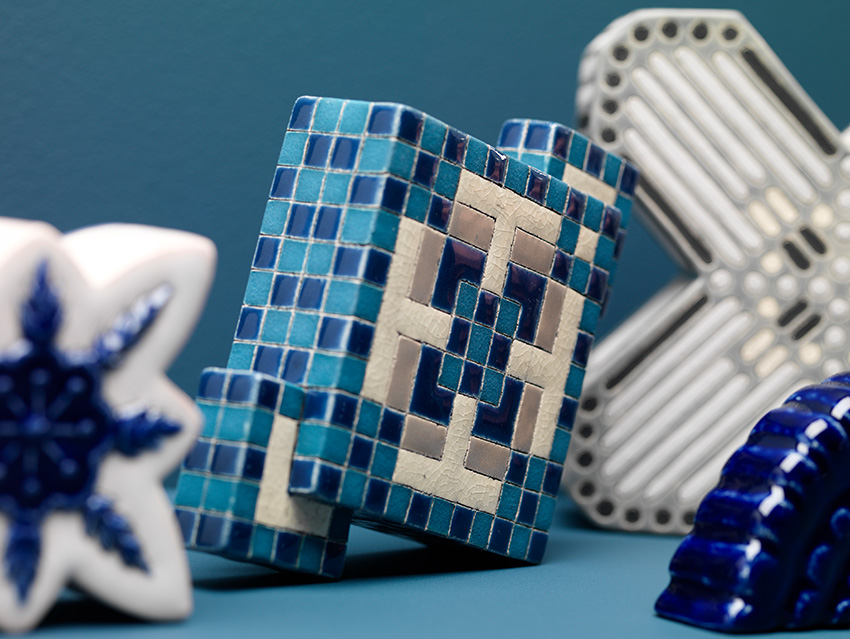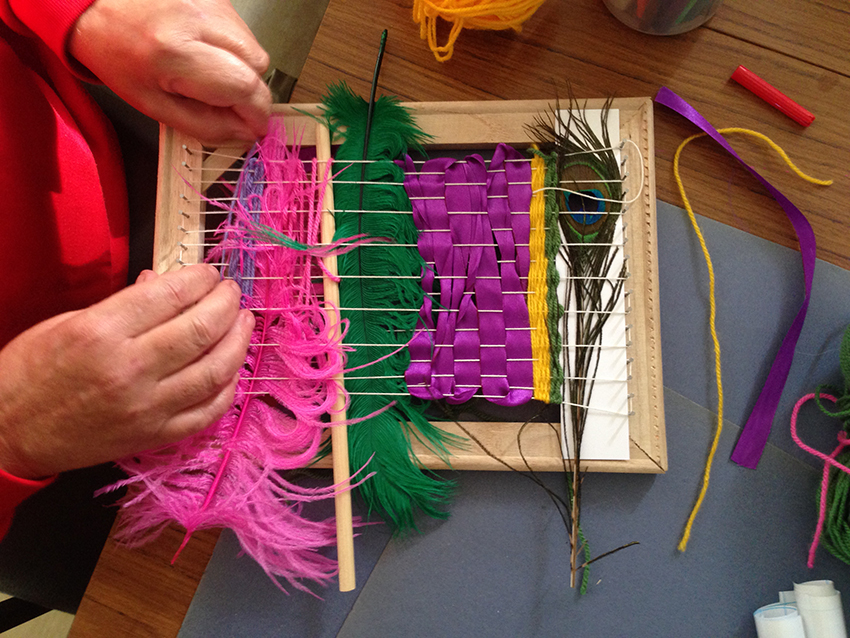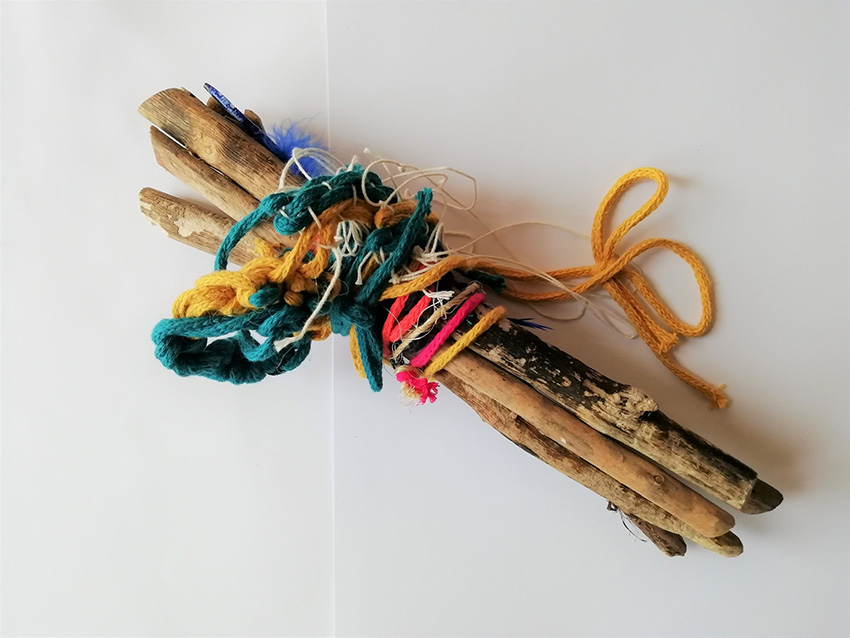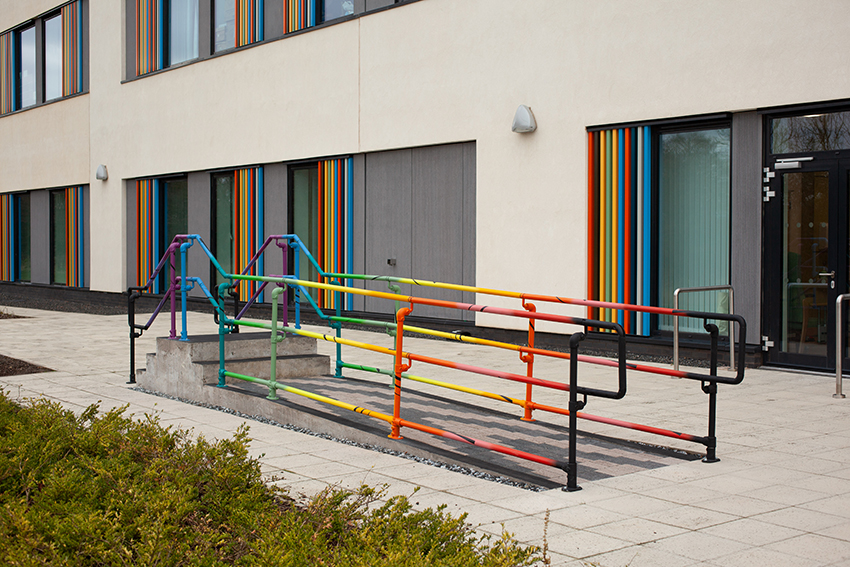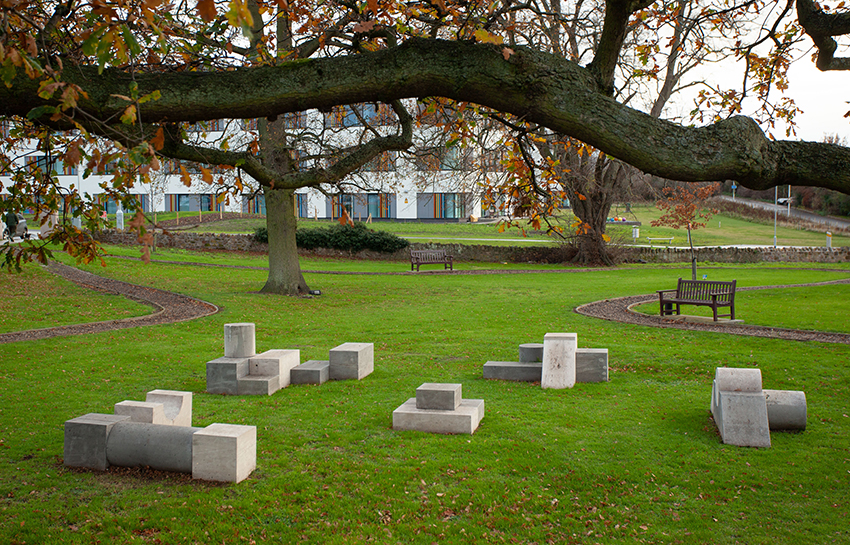Recent Articles
-
Full details→
![Hag: Reimagining Complexities of Womanhood, Ageing and Wisdom]()
Exhibition Review Hag: Reimagining Complexities of Womanhood, Ageing and Wisdom
Rachel Ashenden reviews Hag. Knowledge, Power & Alchemy Through Craft, a group exhibition curated by Kate Pickering and presented by Fife Contemporary.
1 Apr 2025
-
Full details→
![The Craft Edit February 2025]()
The Craft Edit The Craft Edit February 2025
Explore the latest news in Scotland’s contemporary craft sector with the February edition of The Craft Edit.
18 Feb 2025
-
Full details→
![Sarah Hutchison Gives Jewellery a Second Chance to Sparkle]()
Essay Sarah Hutchison Gives Jewellery a Second Chance to Sparkle
Read the forth article in our series celebrating four of Scotland’s most innovative craft retailers.
5 Feb 2025
-
Full details→
![Òr: An Ode to Craft on the Isle of Skye]()
Essay Òr: An Ode to Craft on the Isle of Skye
Read the third article in our series celebrating four of Scotland’s most innovative craft retailers.
5 Feb 2025
-
Full details→
![Bright Future for Craft Scotland - Funding Update 2025-28]()
Announcement Bright Future for Craft Scotland - Funding Update 2025-28
Craft Scotland is thrilled to remain in Creative Scotland's funding programme for organisations.
4 Feb 2025
-
Full details→
![Our COMPASS Journey: Successes and Learnings from 5 Emerging Maker Cohorts]()
Announcement Our COMPASS Journey: Successes and Learnings from 5 Emerging Maker Cohorts
Craft Scotland reflects on five cohorts of COMPASS: Emerging Maker Programme with our new Impact Report 2025, explore the programme’s successes and hear from those involved.
27 Jan 2025
-
Full details→
![A Maker’s Guide to Applications]()
Maker Guides A Maker’s Guide to Applications
Find support with completing applications for Craft Scotland’s awards, open-calls and programmes.
3 Dec 2024
-
Full details→
![Bard: Crafting a Feast for the Senses]()
Essay Bard: Crafting a Feast for the Senses
Delve into the second article in our series celebrating four of Scotland’s most innovative craft retailers. Learn about the journey and vision that have established Bard as a unique destination for exceptional craft and…
15 Nov 2024
-
Full details→
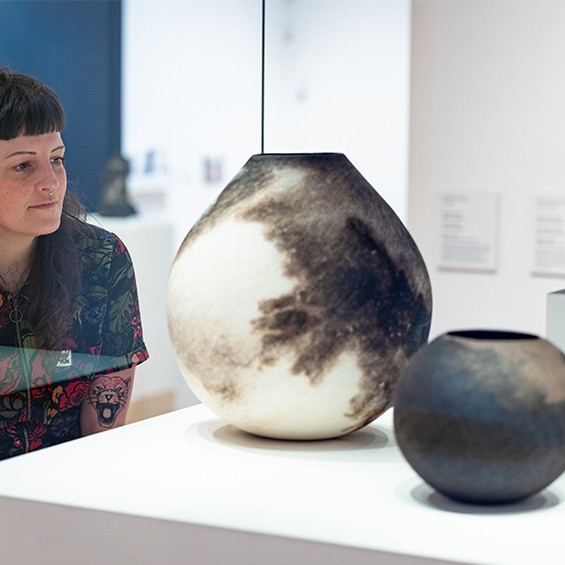
Exhibition Review Hag: Reimagining Complexities of Womanhood, Ageing and Wisdom
Rachel Ashenden reviews Hag. Knowledge, Power & Alchemy Through Craft, a group exhibition curated by Kate Pickering and presented by Fife Contemporary.
1 Apr 2025
-
Full details→
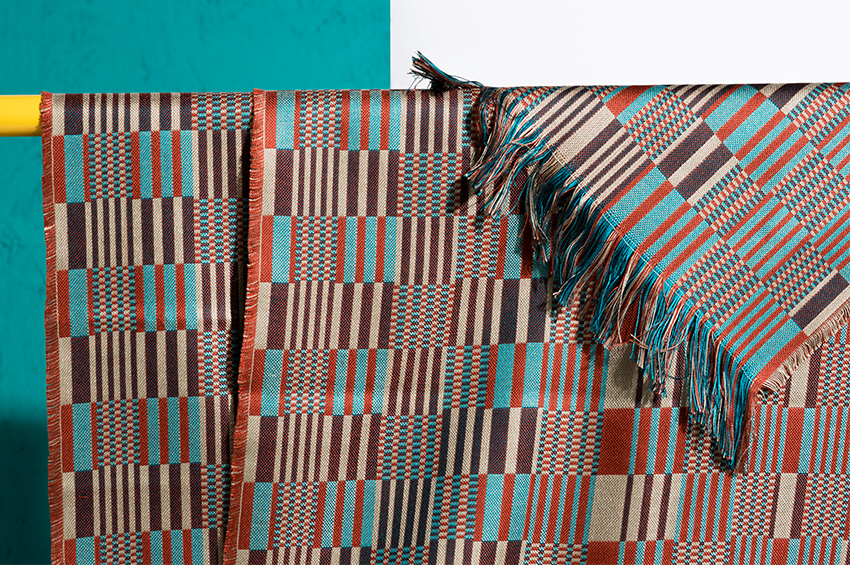
The Craft Edit The Craft Edit February 2025
Explore the latest news in Scotland’s contemporary craft sector with the February edition of The Craft Edit.
18 Feb 2025
-
Full details→
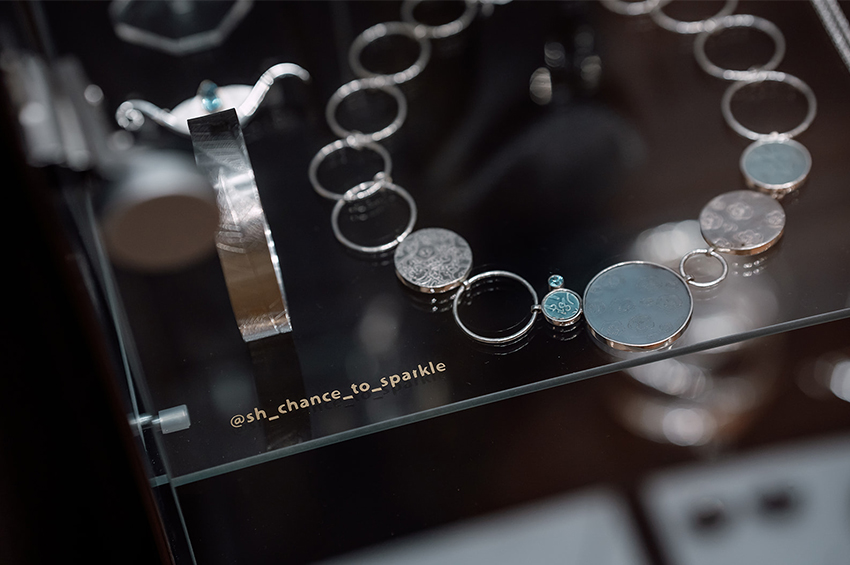
Essay Sarah Hutchison Gives Jewellery a Second Chance to Sparkle
Read the forth article in our series celebrating four of Scotland’s most innovative craft retailers.
5 Feb 2025
-
Full details→
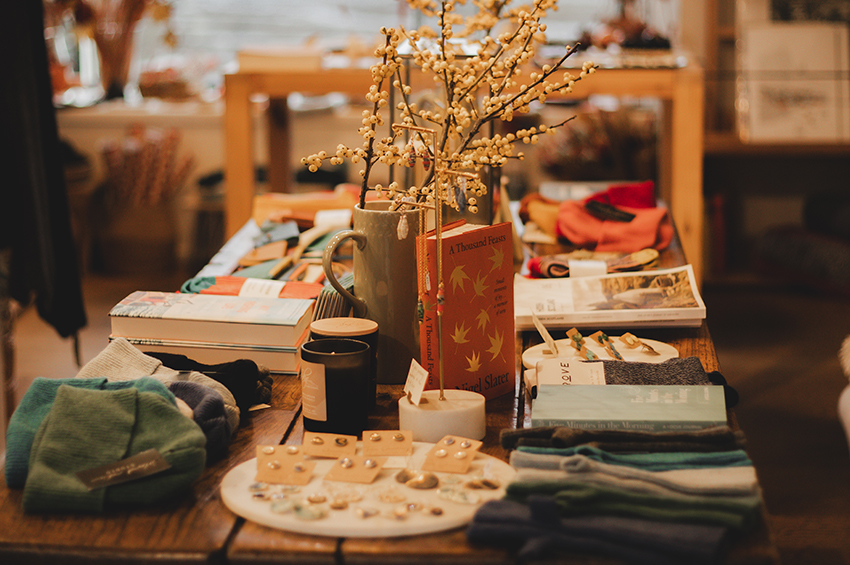
Essay Òr: An Ode to Craft on the Isle of Skye
Read the third article in our series celebrating four of Scotland’s most innovative craft retailers.
5 Feb 2025
-
Full details→
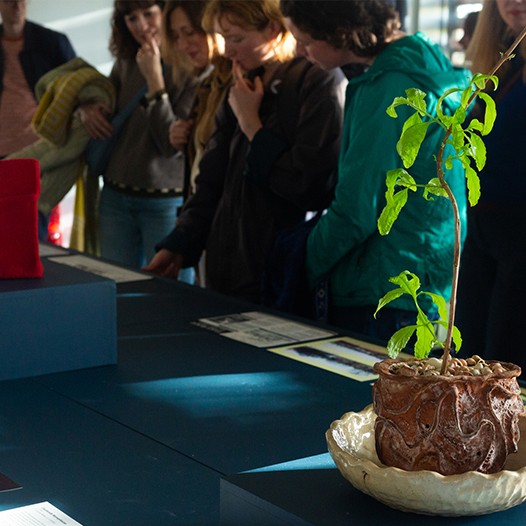
Announcement Bright Future for Craft Scotland - Funding Update 2025-28
Craft Scotland is thrilled to remain in Creative Scotland's funding programme for organisations.
4 Feb 2025
-
Full details→
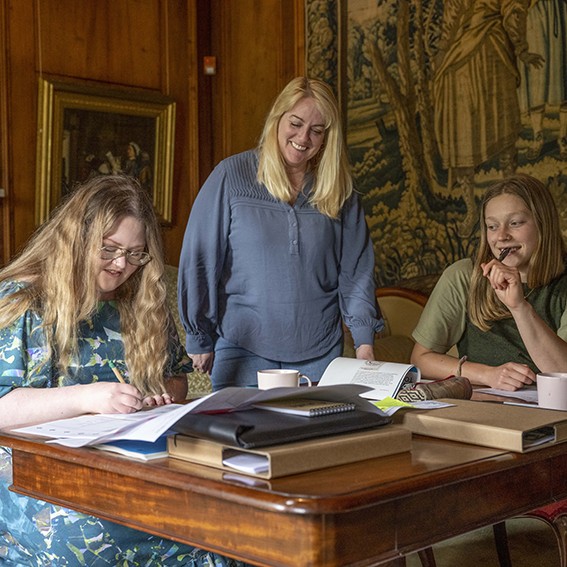
Announcement Our COMPASS Journey: Successes and Learnings from 5 Emerging Maker Cohorts
Craft Scotland reflects on five cohorts of COMPASS: Emerging Maker Programme with our new Impact Report 2025, explore the programme’s successes and hear from those involved.
27 Jan 2025
-
Full details→
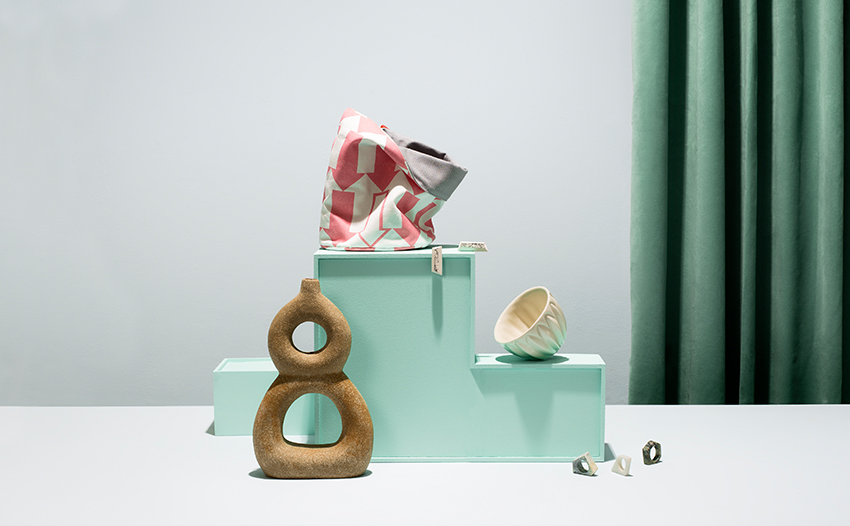
Maker Guides A Maker’s Guide to Applications
Find support with completing applications for Craft Scotland’s awards, open-calls and programmes.
3 Dec 2024
-
Full details→
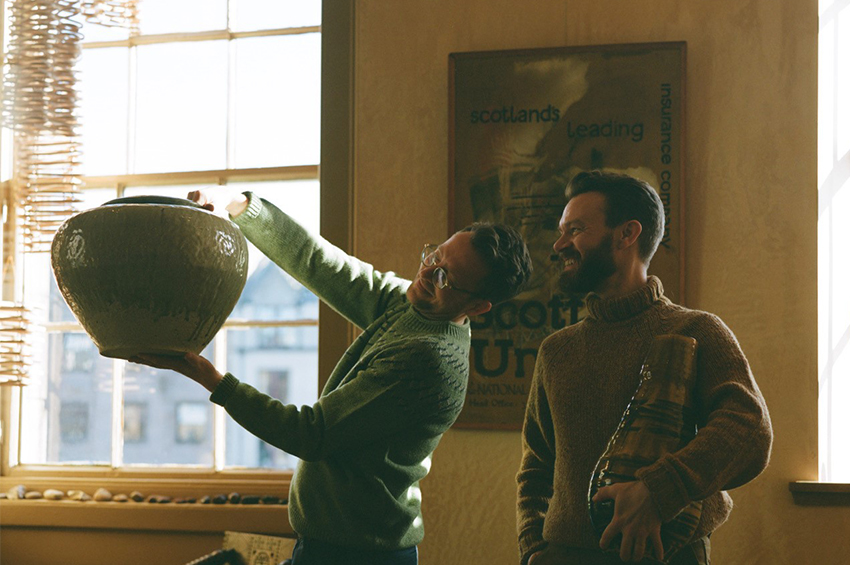
Essay Bard: Crafting a Feast for the Senses
Delve into the second article in our series celebrating four of Scotland’s most innovative craft retailers. Learn about the journey and vision that have established Bard as a unique destination for exceptional craft and…
15 Nov 2024
